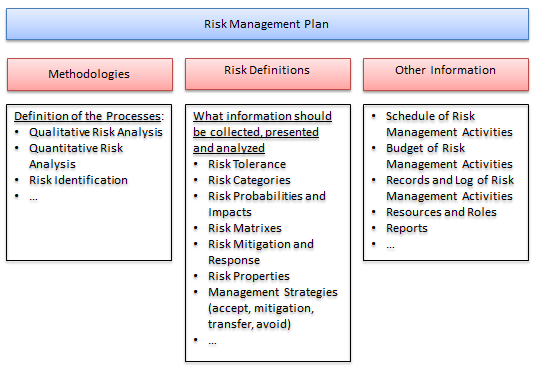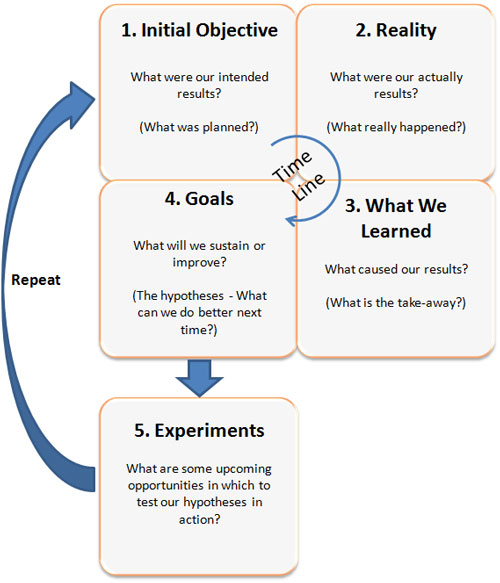
To get an MBA scholarship, highlight your accomplishments. The scholarship officers will carefully go through your written materials to decide if you should be invited to interview. Your materials should be well-written to maximize your chances of success. Callery suggests that you brag about your accomplishments, although some applicants might not feel comfortable doing so. However, it is important that you highlight your awards or other achievements.
Score for GMAT
While your GMAT score is an important part of your MBA application it's not all that important. Lack of work experience, among others, can also delay your application. A strong GMAT can compensate for any weakness in other parts of your application. Younger, less experienced candidates may find it helpful to have a high GMAT rating.
Although most business schools don't require applicants to have a minimum GMAT score in order to be eligible for a scholarship, they do expect applicants with high GMAT scores. It is important to strive for high scores and work hard on your application.
GPA
Scholarships for MBA students are given out for a variety of reasons, and GPA is often a major consideration. Students with a GPA greater than 3.4 could be eligible for a scholarship. Alternatively, you may qualify for an award based on your GMAT scores. Scholarships can be worth up to $3,000 per term.

There are many types and levels of MBA scholarships. Applications can be competitive. Many organizations require a minimum GPA (or higher) of 3.0. They will also ask for letters and resumes. There may be other preferences or demographics. One example is that some scholarships are for students who have been leaders in their previous or current jobs. Other scholarships focus on specific characteristics, such as the degree they plan to study.
Activities
Extracurricular activities will help you stand out from the crowd of MBA applicants. These activities can show leadership skills and passion for other causes. They can also provide applicants with experiences and achievements they can speak about in their MBA applications. These activities should be chosen with care, as admissions officers want to see students who can make a positive impact on the campus community.
Your extracurricular activities can help get you noticed by admissions officers, no matter if you are an athlete, a volunteer in the community, or a talented musician. College admissions officers will appreciate the personal touch of just one or two extracurricular activities.
Honours
While an MBA is a prestigious degree, it's also a difficult one to pay for. It takes approximately two years to complete. You will also need to pay a lot of tuition because the curriculum is extremely rigorous. There are many avenues to obtain a scholarship to pay for your tuition. These are some tips to help you get funding for your MBA. First, apply for scholarships. You may be eligible for several scholarships depending on your eligibility.
Make sure you highlight your accomplishments when applying to an MBA scholarship. Scholarship officers will evaluate your accomplishments to decide if the applicant is a suitable candidate for an interview. Using your work experience as an asset will allow you to stand out from the crowd.

Communication skills
Many employers look for candidates with a strong communication skill set, as it's the most effective way to communicate with employees and manage teams. It is vital to a company’s success as employees are more likely to follow the instructions and complete tasks successfully if they have good communication skills. Communicative skills are an important priority for business schools. In fact, the GMAC Corporate Recruiters Survey found that employers rank communication skills at the top of their list of required skills, followed by technical skills, managerial skills, and teamwork skills.
Democratic management is all about communication. Managers must communicate clearly with their team members when delegating tasks. This ensures that all team members are on the same page regarding the importance and scope of each task. Communication systems can also be used to help set goals and challenge managers and allow them to measure their progress towards achieving these goals. Efficient communication systems are also useful in solving problems as they allow people to work together to find solutions.
FAQ
What are your main management skills
Any business owner needs to be able to manage people, finances, resources and time. They are the ability to manage people and finances, space, money, and other factors.
Managerial skills are required when setting goals and objectives and planning strategies, leading employees, motivating them, solving problems, creating policies, procedures, or managing change.
As you can see there is no end to the number of managerial tasks.
Six Sigma is so popular.
Six Sigma is easy to implement and can produce significant results. It provides a framework that allows for improvement and helps companies concentrate on what really matters.
How do you manage your employees effectively?
Effectively managing employees means making sure they are productive and happy.
It also means having clear expectations of their behavior and keeping track of their performance.
Managers need clear goals to be able to accomplish this.
They should communicate clearly with employees. They should also ensure that they both reward high performers and discipline those who are not performing to their standards.
They must also keep records of team activities. These include:
-
What did we accomplish?
-
How much work was put in?
-
Who did it, anyway?
-
Was it done?
-
Why?
This data can be used to evaluate and monitor performance.
What are the steps involved in making a decision in management?
Managers have to make complex decisions. It involves many elements, including analysis, strategy. planning. implementation. measurement. evaluation. feedback.
It is important to remember that people are human beings, just like you. They make mistakes. You can always improve your performance, provided you are willing to make the effort.
This video will explain how decision-making works in Management. We'll discuss the different types and reasons they are important. Managers should also know how to navigate them. These topics are covered in this course:
What are the five management methods?
Planning, execution, monitoring and review are the five stages of any business.
Setting goals for the future is part of planning. This includes setting goals for the future and defining what you want.
Execution is when you actually execute the plans. They must be followed by all parties.
Monitoring is a way to track progress towards your objectives. Regular reviews of performance against budgets and targets should be part of this process.
At the end of every year, reviews take place. They provide an opportunity to assess whether everything went well during the year. If not, changes may be made to improve the performance next time around.
After the annual review, evaluation takes place. It helps identify which aspects worked well and which didn't. It also provides feedback regarding how people performed.
What is the difference in a project and program?
A project is temporary while a programme is permanent.
A project is usually defined by a clear goal and a set deadline.
It is often carried out by a team of people who report back to someone else.
A program usually has a set of goals and objectives.
It is usually implemented by a single person.
Statistics
- Hire the top business lawyers and save up to 60% on legal fees (upcounsel.com)
- Your choice in Step 5 may very likely be the same or similar to the alternative you placed at the top of your list at the end of Step 4. (umassd.edu)
- The average salary for financial advisors in 2021 is around $60,000 per year, with the top 10% of the profession making more than $111,000 per year. (wgu.edu)
- UpCounsel accepts only the top 5 percent of lawyers on its site. (upcounsel.com)
- Our program is 100% engineered for your success. (online.uc.edu)
External Links
How To
How can you create a Quality Management Plan, (QMP)?
QMP (Quality Management Plan), introduced in ISO 9001,2008, provides a systematic method for improving processes, products, or services through continuous improvement. It emphasizes on how to continuously measure, analyze, control, and improve processes, product/service, and customer satisfaction.
QMP is a standard way to improve business performance. QMP is a standard method that improves the production process, service delivery, customer relationship, and overall business performance. A QMP should include all three aspects - Processes, Products, and Services. If the QMP focuses on one aspect, it is called "Process." QMP. QMPs that focus on a Product/Service are known as "Product" QMPs. QMP is also used to refer to QMPs that focus on customer relations.
There are two key elements to implementing a QMP: Strategy and Scope. They are defined as follows:
Scope: This is the scope of the QMP and its duration. This will be used to define activities that are performed in the first six months of a QMP.
Strategy: This describes the steps taken towards achieving the goals set forth in the scope.
A typical QMP is composed of five phases: Planning Design, Development, Implementation and Maintenance. Here are the details for each phase.
Planning: This stage determines the QMP goals and prioritizes them. To get to know the expectations and requirements, all stakeholders are consulted. Once the objectives and priorities have been identified, it is time to plan the strategy to achieve them.
Design: This stage involves the creation of the vision, mission, strategies and tactics necessary to implement the QMP successfully. These strategies can be implemented through the creation of detailed plans.
Development: The development team is responsible for building the resources and capabilities necessary to implement the QMP effectively.
Implementation: This involves the actual implementation of the QMP using the planned strategies.
Maintenance: This is an ongoing procedure to keep the QMP in good condition over time.
The QMP must also include several other items:
Stakeholder Engagement: It is crucial for the QMP to be a success. They should be involved in planning, design, development and implementation of the QMP.
Project Initiation: The initiation of any project requires a clear understanding of the problem statement and the solution. In other words, the initiator needs to know why they want to do something and what they expect from the outcome.
Time frame: It is crucial to know the time frame for the QMP. A simple version is fine if you only plan to use the QMP for a brief period. For a long-term commitment you may need more complicated versions.
Cost Estimation. Cost estimation is another crucial component of QMP. You can't plan without knowing how much money it will cost. Therefore, cost estimation is essential before starting the QMP.
QMPs are more than just documents. They can also be updated as needed. It is constantly changing as the company changes. It should be reviewed on a regular basis to ensure that it is still meeting the company's needs.